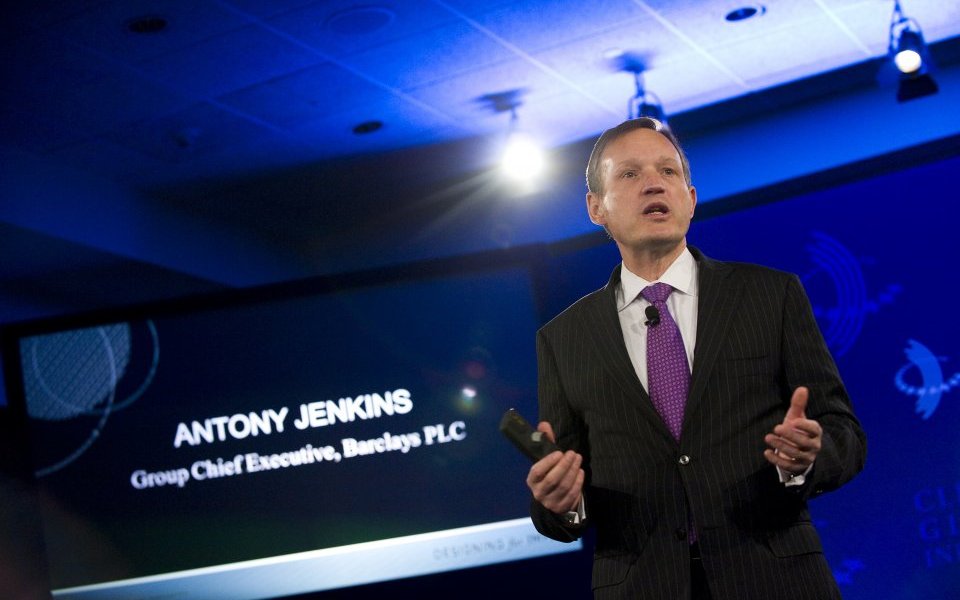
Is fintech the new black? Lower trust in disruptors gives banks reason to cheer
By Charles Green for City AM
Digital innovation – and more specifically the impact of fintech – is currently the most intensely debated topic in the financial services sector. Two years ago hardly anyone outside the industry had heard of fintech. Now it’s the hottest investment class globally for VCs.
PwC recently produced a report claiming that over 20 per cent of bank revenue is at risk by 2020 due to the threat of fintech. Antony Jenkins, former chief executive of Barclays, warned last year that banking is about to have its Uber moment and that massive disruption is going to render the industry unrecognisable.
Facebook is moving into payments, Samsung, Google and Apple are already there. Mondo in the UK recently broke all crowdfunding records, raising £1m in 96 seconds.
So fintech, it would appear, is the new black.
Not quite. On the other side of the debate you have US P2P giant Lending Club, whose shares have plunged 50 per cent this year after an internal probe found huge flaws in its transparency and disclosure practices. OnDeck is struggling to get the funding required to meet demand and, along with similar disruptors, faces pressure to diversify its funding sources.
In the UK, Deloitte recently published a report stating that marketplace lenders could gain control of approximately 6 per cent of the loans market across key segments. But this estimate was made on the assumption that banks make no effort to compete and historically low interest rates prevail. If interest rates normalise and banks innovate and compete, Deloitte argued that marketplace lenders will more realistically achieve just 1 per cent by 2025. It does not see marketplace lenders as a major threat to banks.
We are led to believe that the vast majority of millennials would now trust Google, Amazon and Facebook to do their banking. That’s a headline grabbing statement, but is it true? How do you define trust?
RFi Group surveyed 40,000 consumers across 25 markets and, rather than question them about trust generally, they were specifically asked “do you trust this organisation to hold your personal information and maintain it securely?” So given that very specific definition of trust, globally 65 per cent of consumers trust banks, 50 per cent trust governments, 41 per cent trust telcos, while just 38 per cent trust internet companies like Google and Facebook.
Looking specifically at millennials, globally, their levels of trust are actually very similar to the average, albeit with a marginally higher level of trust placed in internet companies (42 per cent globally and 40 per cent in the UK). Millennials still place significantly less trust in them than banks.
Do banks need to be worried? Yes they do, but these findings mean that the industry can start to have a more balanced debate about the opportunity that digital transformation offers banking. Digital is a platform to transform and enhance the customer experience, and not simply an existential threat.
Banks with a branch network are in a great position. Rather than being surrounded by disruption, if they can work and partner with fintechs to transform their customer experience, while at the same time leveraging their strengths of trust, security and branch access, then the customer is theirs to lose.
Charles Green will be speaking at the Global Digital Banking Conference at The Banking Hall on 16 June. www.globaldigitalbanking.com
City A.M.’s opinion pages are a place for thought-provoking views and debate. These views are not necessarily shared by City A.M.
First appeared at City Am





